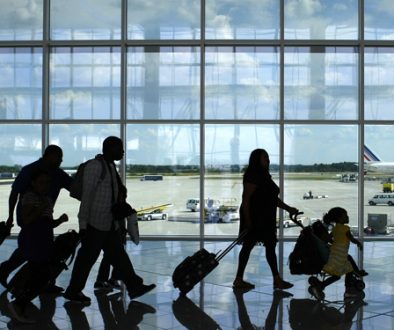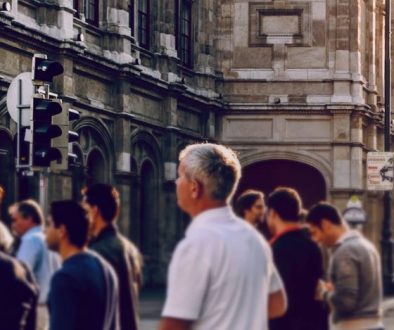The pending bills of the tourism sector for the protection of human rights of international tourists
Tourism has proved its high contribution to national economies worldwide. It has proved too to be a strong vehicle for promoting peace
and understanding between nations, thanks to the positive transformation a person has once travelling, particularly abroad, due to the
possibility that travelling brings to see other cultures and realities.
The countries are more and more engaged on giving a meaningful experience to tourist, as well as to distribute the incomes and develop
the entrepreneurship skills of the local communities; but the protection mechanisms are still too much focus on its protection as
consumers, and weak in many senses on its protection as human beings. While, it is also a fact, that their vulnerability increase during
international travels, due to the cultural/political/legal differences among countries.
The universal access to tourism (Art.24 of the Universal Humans Rights Declaration) is today one of the big “Pending bills” of the tourism
sector. For example, destinations and enterprises not often offer full access to tourism to tourists from the four families of disability: motor,visual, ear and mental impaired. Governments not always have in place programmes for allowing persons in economic vulnerable
situations to travel. Gender equality and tolerance to sexual diversity is as well another “Pending bill” in terms of non-discrimination at
labour level and as a tourist; and cultural, religious and language differences are not always well considered while developing the
National Tourism Policies, or by the different tourism service providers….
But what it could happen if we, the tourism sector, start to dedicate more efforts to get to know the tourist as a human being?
I am sure tourists will increase their loyalty to those destinations/countries. Becoming more and more competitive at international level.
After all, if a tourist has a problem as a consumer, will probably change of enterprise but will remain in the country; but if
suffers a problem of non-respect of its rights as a human being will never come back.



